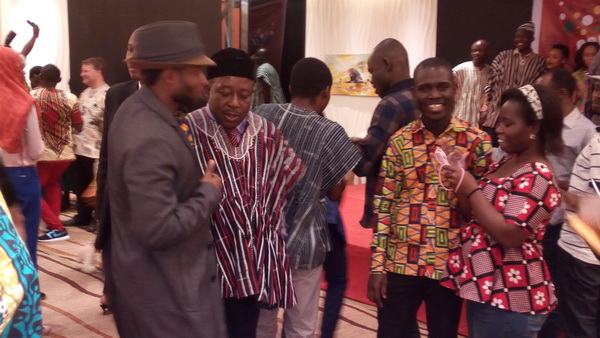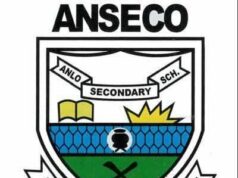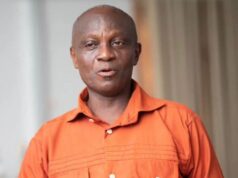Consular officers at Ghana’s embassy in Beijing often have to use their pocket money to help out distressed Ghanaians because of the lack of funds to help such people, the Acting Head of Mission, Mr. McArios Akanbong has said.
He also says the Embassy was overawed with the volume of work due to the vastness of China and the number of Ghanaians needing assistance, because the embassy had only two consular officers whose names he gave as Mr. Peter Oswel and Mr. Seth Odame.
Mr. Akanbong made the disclosures when he addressed the concerns of Ghanaians living in China at an Open Forum and Town Hall meeting organised by the Embassy in Beijing on Saturday.
He said the programme was held to afford Ghanaian citizens in China a face-to-face meeting with officials of the embassy and also afford them the opportunity to ask nagging questions.
Challenges
The Acting Head of Mission assured the gathering that although they were seriously understaffed, they were doing all they could to assist all Ghanaians living in China and urged them not to hesitate to contact the Embassy when they had any concerns instead of saying that Ghana’s embassy was not visible enough.
“China covers about 9,000sq miles and it is 40 times the size of Ghana with 33 provinces and autonomous areas.
“You would be expecting too much when somebody is arrested in Guangzhou and Mr. Odame has to go and on his way another person has a problem in Hunan and when he’s gotten to Guangzhou he has another call from Hong Kong on a consular problem. Everyday and every time this is the sort of problem we have.
“If he has to do it he needs staff and if he has to do it he needs money. I am not able to tell you but we draw the budget and when I include that I need ‘x’ amount for consular affairs, often it does not even come. If it comes it is paltry,” he said.

Mr. McArios Akanbong (2nd left in smock) interacting with some Ghanaians in China at the Open Forum. PICTURE BY EDMUND SMITH-ASANTE
Pocket money
Explaining that many times consular officers had to use their own money because there were simply no funds, he said “When we pay for his ticket to go to Guangzhou and for his hotel, the internal transport itself is from his pocket. If he decides to take lunch it is from his pocket. If he goes to see your case and the person who has that consular need, he has to take that money from his pocket.”
Mr. Akanbong cited some instances where embassy staff had to contribute from their own pockets to assist distressed and stranded Ghanaians because there were no funds allocated for such purposes, saying “all across our missions that is what officers are doing.”
He said although it would be ideal to have officers sent to the various provinces of China to cater for the needs of Ghanaians there “as long as the government doesn’t do that it will be too hard for you to ask an officer to continue to expend his money mainly on consular issues.
According to Mr. Akanbong any other extra cost incurred in the line of duty was always the responsibility of embassy staff because government accounting did not subscribe to such costs.
Comparison
He cited that the Canadian embassy in China alone had 30 consular officers, while the American embassy had over 100 officers but the provision of officers had to be in tandem with the country’s economic muscle.
“Unfortunately our country does not have that economic muscle to employ you who need a job to come and assist but we will get there but in the meantime it is not possible.
“You can’t expect to compare what the Americans and Germans are able to do in relation to their consular solutions to what Ghana is able to do,” he said.
Mr. Akanbong, however, promised to take on board a suggestion from a student that they could do some voluntary work when they were not in school to help with some of the administrative work.
He informed the gathering that the government had brought in another official – Mr. Eddie Arthur, to be in charge of Diaspora affairs, who would be dealing with Ghanaians to see how their wealth could be leveraged and also handle other issues affecting Ghanaians abroad such as the Representation of the People Amendment Act (ROPAL).





























